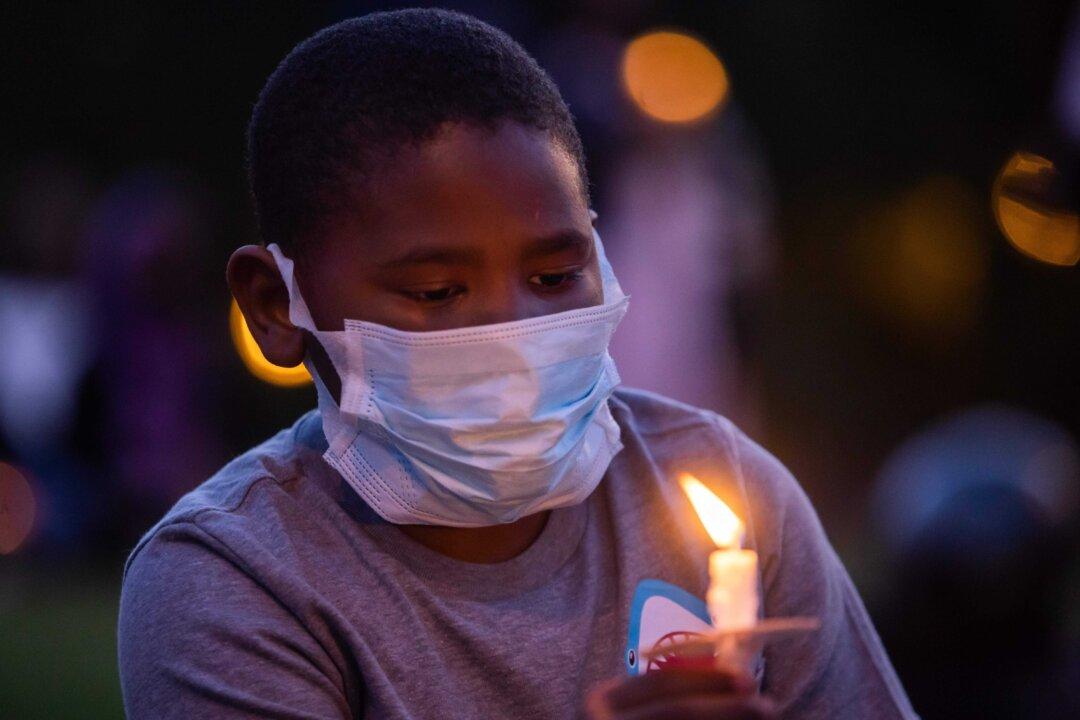Commentary
Loving African-American lives as much as we love the lives of others clearly includes addressing systemic racism. And it also means addressing the way America treats black men versus African-American women: African-American men are stopped by, shot by, and killed by police more than 20 times as frequently as African-American women. And the Bureau of Justice Statistics reports that African-American men are 25 times more likely to be imprisoned.


